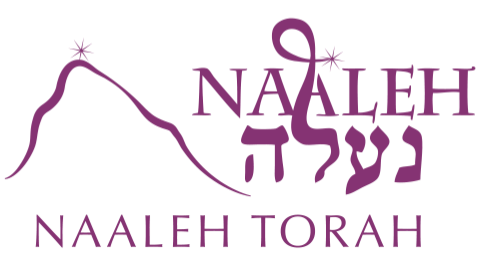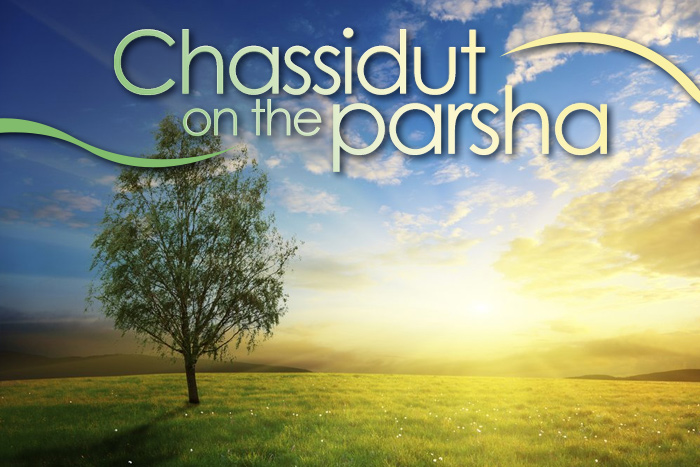Parshat Nitzavim: Steadfast Faith
Posted onIn this shiur (Torah class), Rabbi Hershel Reichman delves into the meaning of the bris (covenant) that takes place between Hashem and the Jewish People, in this week’s parsha, Parshat Nitzavim. The Shem MiShmuel explains the underlying essence of the bris as the commitment to Hashem in all circumstances, both positive and negative.



